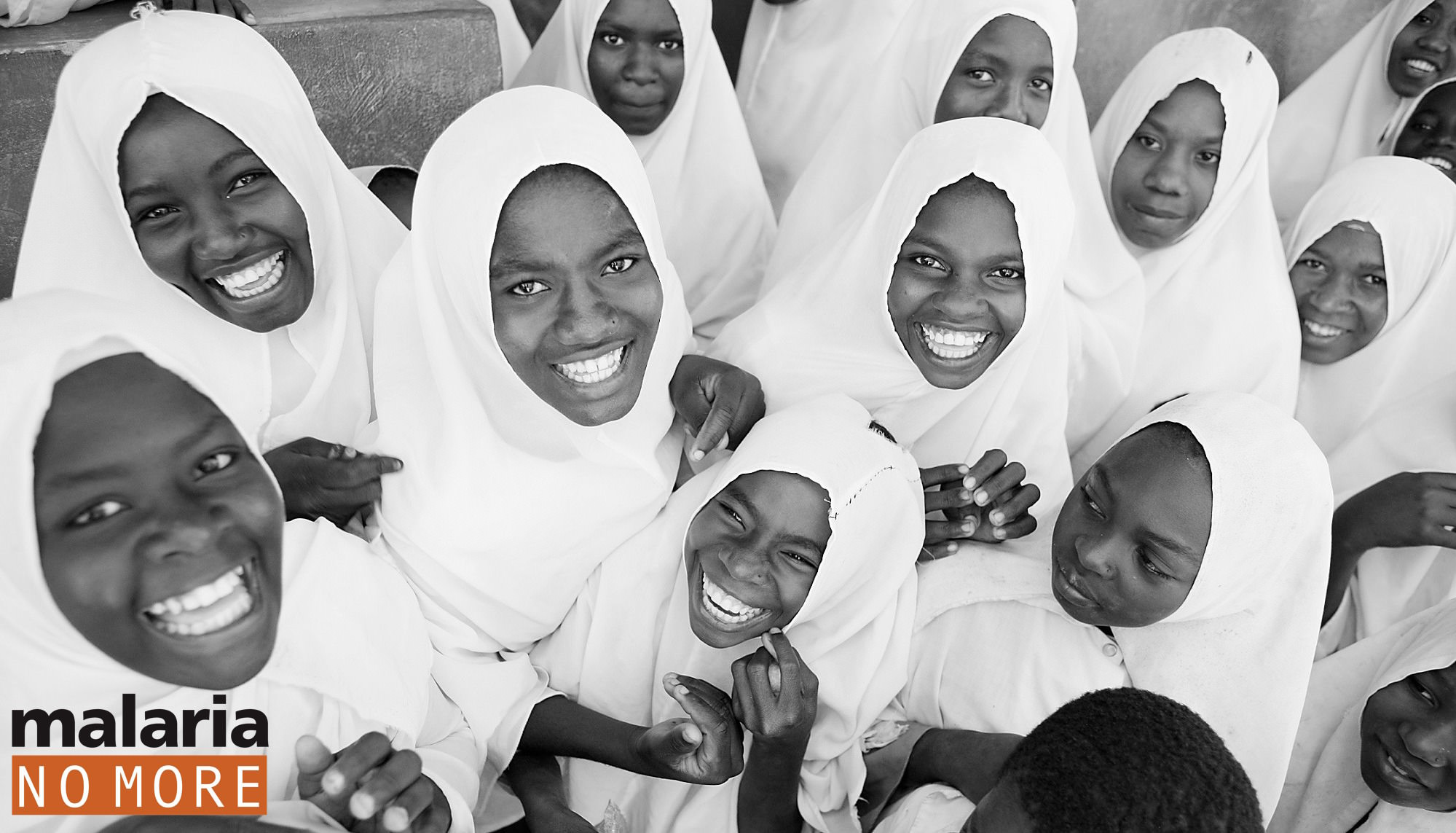Ten years ago today, President George W. Bush closed the White House Summit on Malaria saying,
“The goal of defeating malaria is a challenging goal, yet it can be done. It's not going to require a miracle, it just requires a smart, sustained, focused effort.”
We now know he was right. Back in 2006, malaria killed one child every 30 seconds in Africa. Yesterday’s WHO World Malaria Report shows us that malaria mortality rates have plummeted more than 62 percent worldwide between 2010 and 2015. More than 6 million lives have been saved since 2000.
The White House Summit was a first-of-its-kind event that brought together African Presidents, development partners like Melinda Gates, private-sector leaders like ExxonMobil, faith leaders like Rick Warren, Dr. Margaret Chan from the World Health Organization, and heads of agencies and NGOs. It also marked the birth of Malaria No More.
Much has been accomplished through partnership. Smart investments by the President’s Malaria Initiative (PMI), the Global Fund, the UK’s Department for International Development (DFID), the World Bank and other donors have saved lives and strengthened health systems. The creation of the African Leaders Malaria Alliance (ALMA) and the Asia Pacific Leaders Malaria Alliance (APLMA) have kept malaria elimination high on regional agendas.
For our 10th Anniversary, Malaria No More honored two leaders who have contributed to this progress: our co-founder, UN Special Envoy Ray Chambers, and former President of Tanzania Jakaya Kikwete. We were joined in paying tribute to them by President George W. Bush, President Bill Clinton, UN Secretary General Ban Ki-moon, Bill Gates and Chelsea Clinton, among others.
Watch the video here.
Our mission is more vital now than ever. Progress in the past decade has inspired leaders in all three malaria-endemic regions—Asia, Africa and the Americas—to declare ambitious regional elimination targets. The world has responded with bold plans to end malaria in our lifetimes.
How will we do it? We must work with country partners to expand access to existing tools to ensure that no child dies of a mosquito bite. In 2015, there were still 212 million new cases of malaria and 429,000 malaria-related deaths globally. We must harness the power of data to target existing tools more efficiently and effectively. We must invest in R&D to outpace the challenges of drug and insecticide resistance that threaten to undermine progress. And we must invent new tools to accelerate malaria elimination.
As we embark on a new decade, we at Malaria No More are grateful for your partnership, your inspiration, your commitment and your service. We look forward to working with you to live up to our name. Let’s make malaria no more.
In partnership,
Martin Edlund
CEO of Malaria No More



